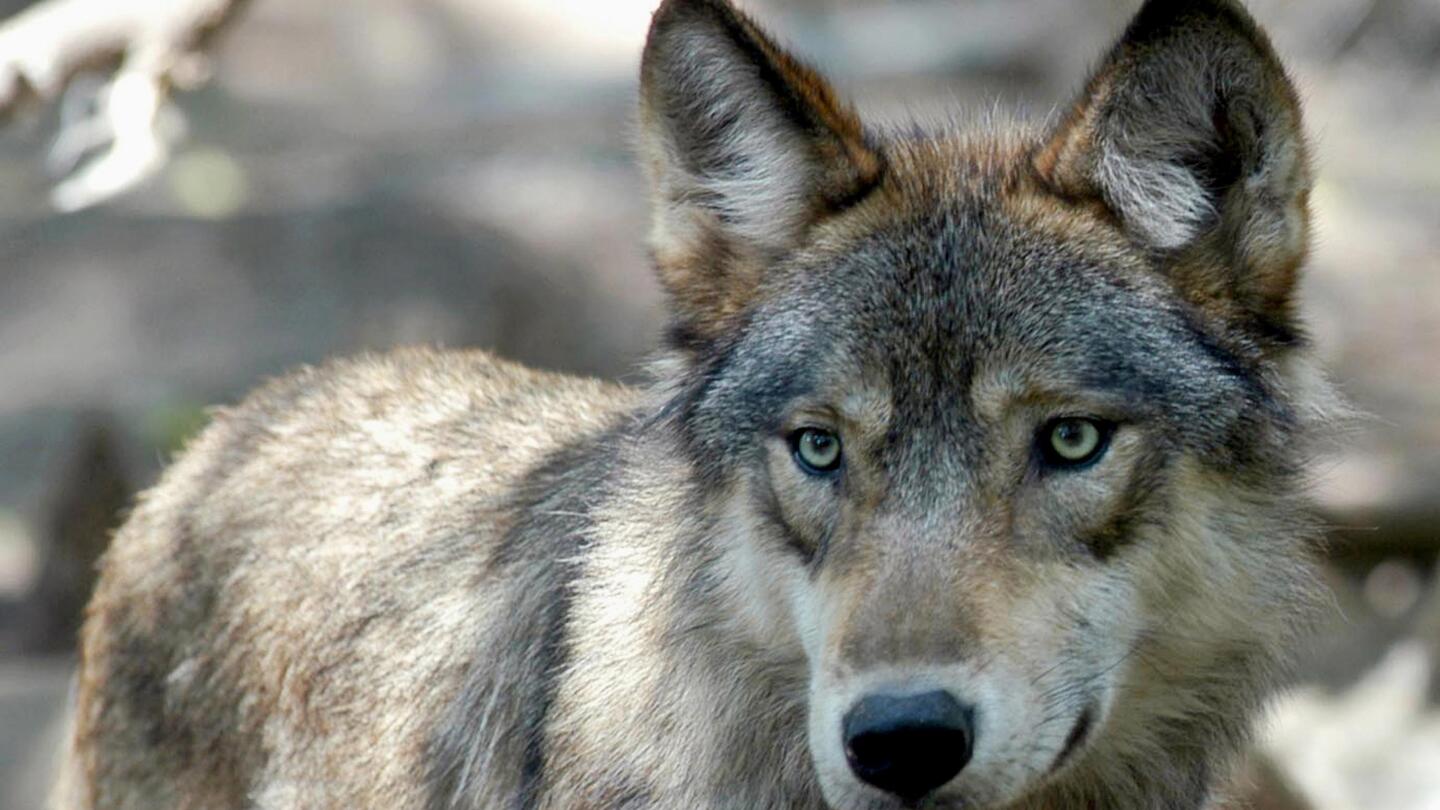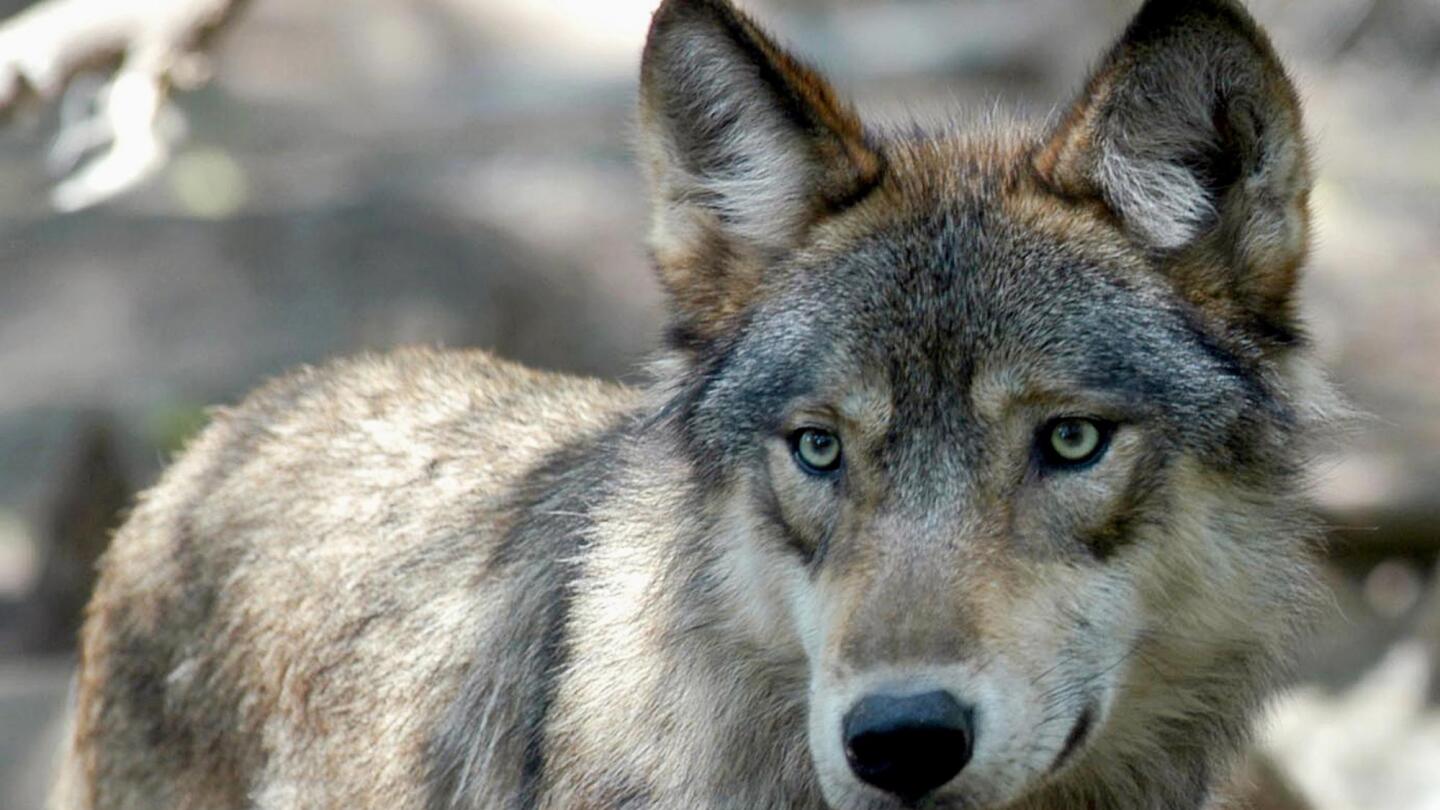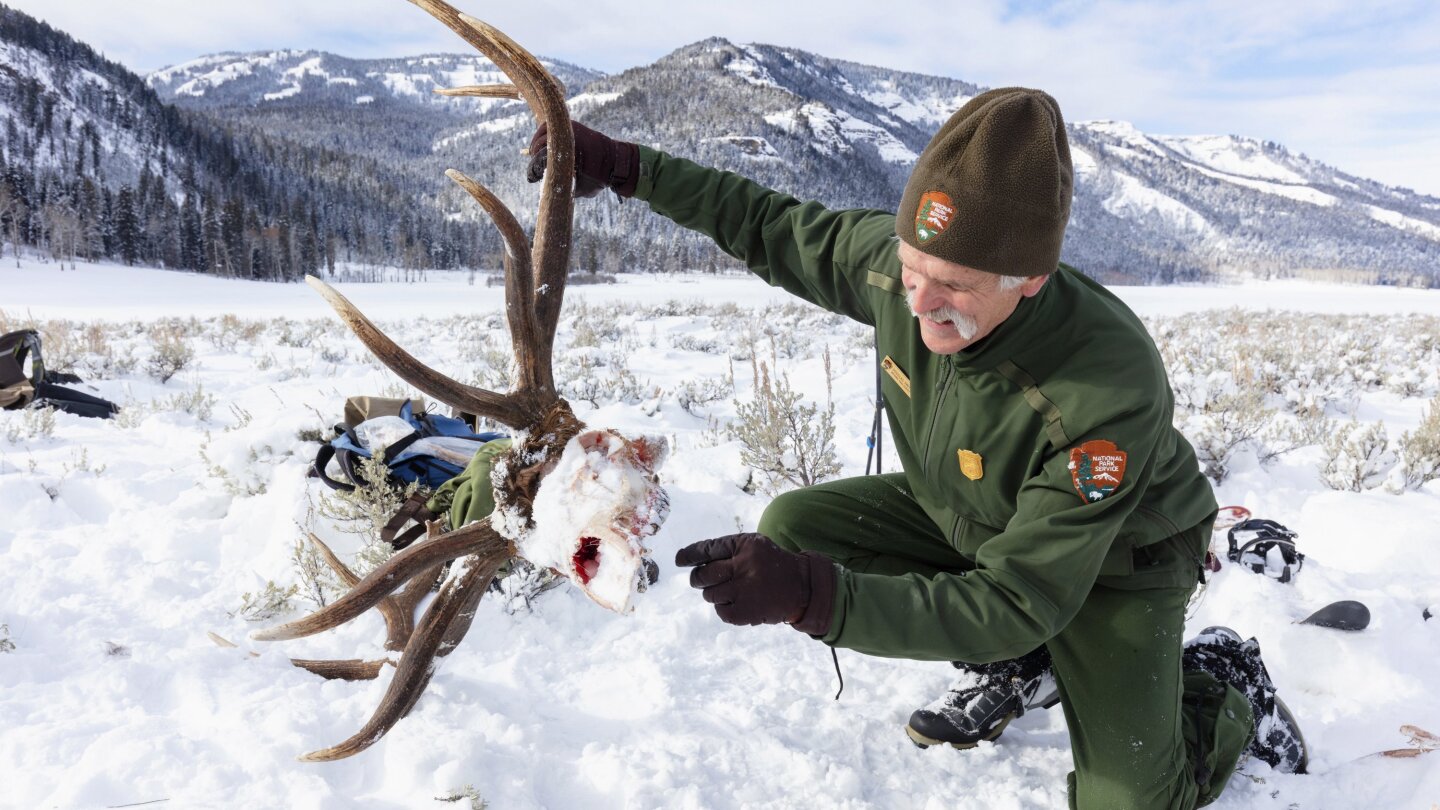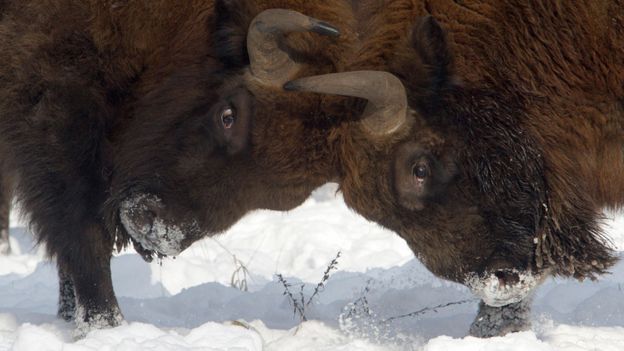
Wolves that nearly died out from inbreeding recovered, now helping a remote island’s ecosystem
The IndependentFor free real time breaking news alerts sent straight to your inbox sign up to our breaking news emails Sign up to our free breaking news emails Sign up to our free breaking news emails SIGN UP I would like to be emailed about offers, events and updates from The Independent. Read our privacy policy Gray wolves are thriving at Isle Royale National Park five years after authorities began a last-ditch attempt to prevent the species from dying out on the Lake Superior island chain, scientists said Wednesday. “We have felt and still believe that the National Park Service should not have intervened and set up this artificial population of wolves,” said Kevin Proescholdt, conservation director for the advocacy group Wilderness Watch. “Species come and species go,” Proescholdt said, arguing that the federal Wilderness Act “directs us to let nature call the shots and not impose our human desires.” Park officials and Michigan Tech scientists contend the absence of a top-of-the-food-chain predator of moose and beaver would have been ruinous for the island's forest. Even though relatively few moose calves appear to be surviving to adulthood, there's no reason to worry about the moose's immediate future, Michigan Tech biologist Rolf Peterson said.
History of this topic
Warm weather forces park officials to suspend Isle Royale wolf count for first time in decades
Associated PressWolves that nearly died out from inbreeding recovered, now helping a remote island’s ecosystem
Associated PressDiscover Related





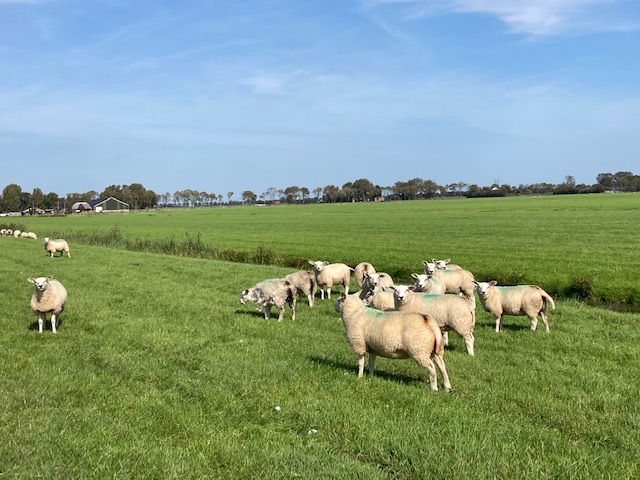


)




